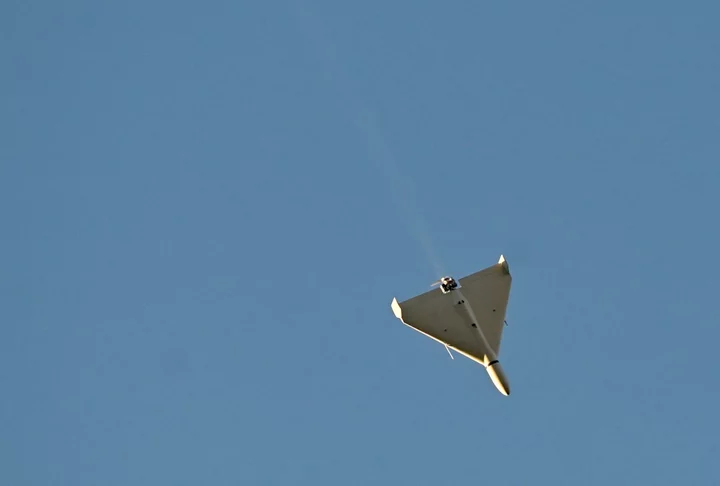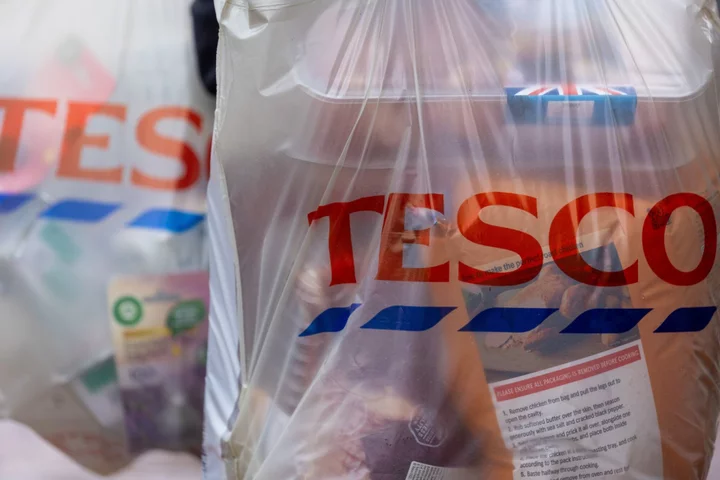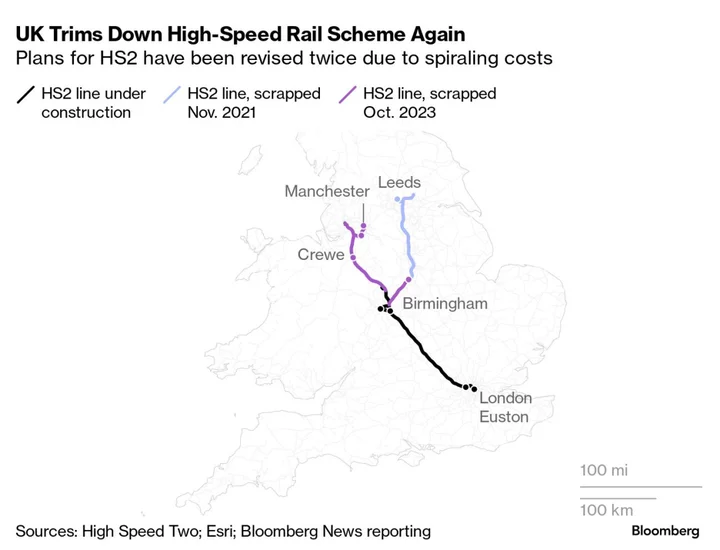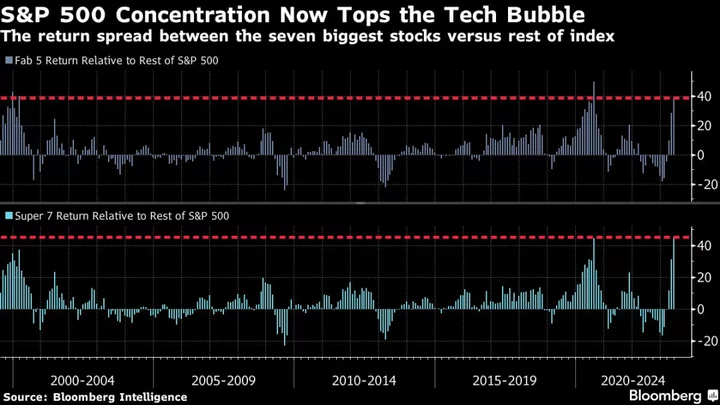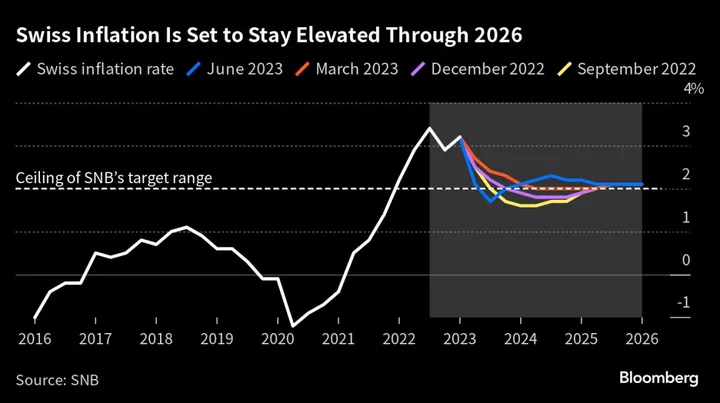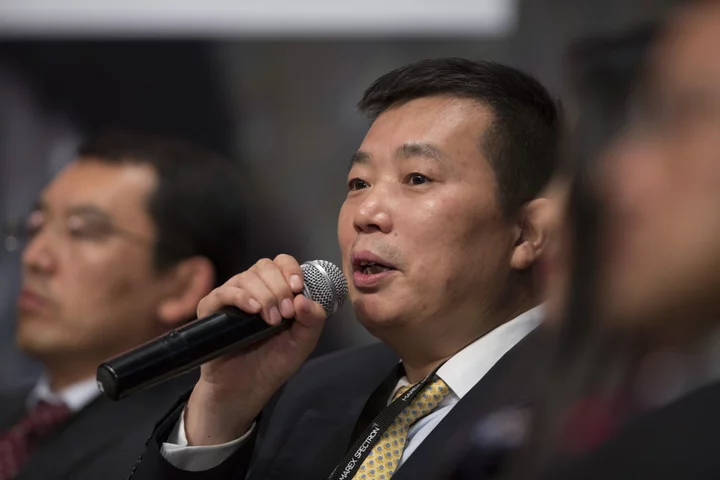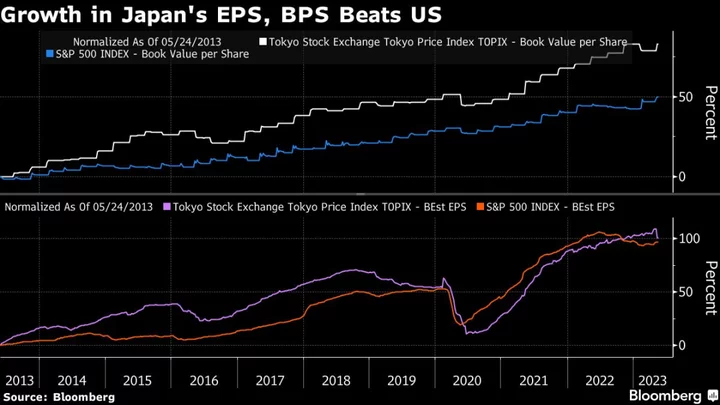The fortune of Vietnam’s wealthiest man is poised to soar by as much as $11 billion, vaulting him to the upper ranks of the world’s richest people — for a while, at least.
Pham Nhat Vuong has the paperwork in place to take his electric-vehicle maker VinFast public through a SPAC listing with a blank-check firm founded by casino mogul Lawrence Ho. The deal would give VinFast, a company little known outside Vietnam, an equity value of $23 billion.
On Thursday, shareholders of Black Spade Acquisition Co. will vote on whether to complete the deal. If it does, it will be the third-largest special purpose acquisition company transaction in history and, on paper, Vuong’s wealth may jump to as much as $16 billion from around $5 billion, according to the Bloomberg Billionaires Index tracking the world’s 500 richest people.
But there are numerous pitfalls to navigate. The pandemic-era blank-check boom has faded and if recent deals are anything to go by, the firm’s equity value may fall soon after it starts trading.
EV companies have a particularly patchy record when it comes to blank-check mergers. Since June 2020, at least five briefly soared after listing through SPACs, before crashing and burning mountains of investor money. One of them, Lordstown Motors Corp., filed for bankruptcy in June.
VinFast has also been weighed down by operational problems, hobbling its ambition to gain market share in the competitive EV space. In May, it recalled all the electric sport utility vehicles shipped to the US over a software malfunction. The company also cut some of its US workforce, sales have been modest and its net losses are widening.
Most reviews have been “highly critical of its quality,” said Chris Robinson, a senior director at Lux Research covering automotive and energy transition. “It’s hard to see this organization justifying a proposed $23 billion valuation.”
Those problems have proved costly. In the six years it has been operating, VinFast has taken in $9.3 billion of financing to cover its operating and capital expenditures, much of it coming from Vuong’s other businesses.
Still, the company forecasts sales will reach 45,000 to 50,000 this year and has said it may produce electric pickups, a mini car and other models, if there’s market demand. It started building a factory in North Carolina last month and Vuong predicts VinFast will break even by the end of 2024.
The company is also optimistic about its equity appraisal for the SPAC listing, saying in a written statement to Bloomberg News that it “expects potential upside” to the valuation.
Noodles Venture
For his part, Vuong remains financially committed to VinFast, which started making combustion engine cars before focusing on EVs. The Hanoi-born, Moscow-educated businessman and his relatives have plowed in at least $300 million into the venture and he has pledged another $1 billion.
The beginnings of Vuong’s fortune can be traced to Ukraine, where the 55-year-old moved in the early 1990s after studying geoeconomic engineering in Russia. There, he started a venture making instant noodles. It was a big hit, and in 2010 he sold the business to Nestle SA for an undisclosed sum.
Meantime, he had already begun laying the groundwork for a business back in Vietnam — Vingroup JSC. Initially focused on real estate, the group’s operations span resorts, schools, shopping malls and more. The Hanoi-based group had $4.3 billion of revenue in 2022, equivalent to about 1% of the country’s gross domestic product.
VinFast was the conglomerate’s first foray into making vehicles. Over the years, the company brought a legion of expatriates with experience from automakers like Ford Motor Co. and General Motors Co. to Vietnam. Many completed only short stints, frustrated by the high tempo and decision-making that boiled down to following every whim of chairman Vuong regardless of costs or time, three former employees told Bloomberg News on the condition of anonymity because they signed non-disclosure agreements.
In response, VinFast said as a startup it requires a “certain degree of flexibility at work and execution speed that is not suited to everyone.”
Less Than Enamored
The valuation was set by Black Spade’s board of directors using a multiple of equity value to expected revenue for Lucid Group Inc. The luxury EV-maker was deemed the closest comparable company to VinFast, according to a regulatory filing. Black Spade said it worked with a financial adviser, JonesTrading Institutional Services LLC, but didn’t commission a valuation or fairness opinion from a third party.
Investment bankers, who had earlier worked with the company to prepare a traditional IPO, said it doesn’t reflect the market conditions or the company’s prospects for profits, according to people familiar with the matter, who asked for anonymity to discuss private matters.
Regulatory filings show Vuong will control 99% of the combined entity after the merger, partly via shares held by his wife Pham Thu Huong and Vingroup. Casino billionaire Ho and his investment arm, along with a group of other people affiliated with the blank-check firm, will hold some of the remaining shares.
Going public via a SPAC merger — a move commonly called a “deSPAC” — holds numerous advantages for Vuong, allowing him to sell shares in the future, award executives with equity and gives VinFast a higher public profile, particularly in the US.
“It’s important to note that our primary objective through the proposed transaction with Blank Spade has always been to become a publicly-listed company, not to raise money through the deSPAC process itself,” VinFast said. “However, our listing in the US provides us with the ability to access additional sources of capital for any potential need in the future, and we will consider a follow-on offering when the timing is right.”
The majority of the blank-check firm’s shareholders other than Ho were unwilling to go the distance with VinFast — about 84% of them in July redeemed their stock for cash, rather than remaining invested and ultimately getting a piece of the EV maker. VinFast said the redemption levels are in line with recent market trends.
Jay Ritter, a finance professor at University of Florida, has a bleak outlook on VinFast’s merger.
“The vast majority of deSPACs have inflated valuations,” Ritter said. Given its small public float, “the stock will probably be very volatile for a while, but it is almost certain to drop.”
--With assistance from Bailey Lipschultz and Pei Yi Mak.
Author: Venus Feng, Anders Melin, Manuel Baigorri and Nguyen Kieu Giang


